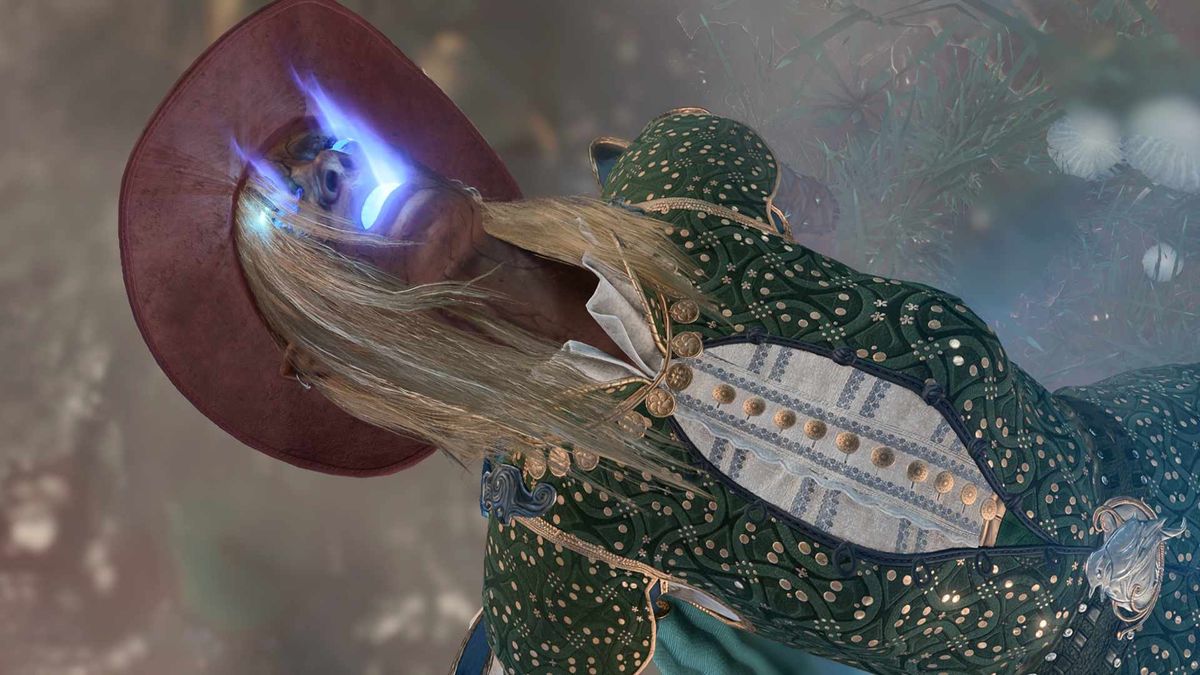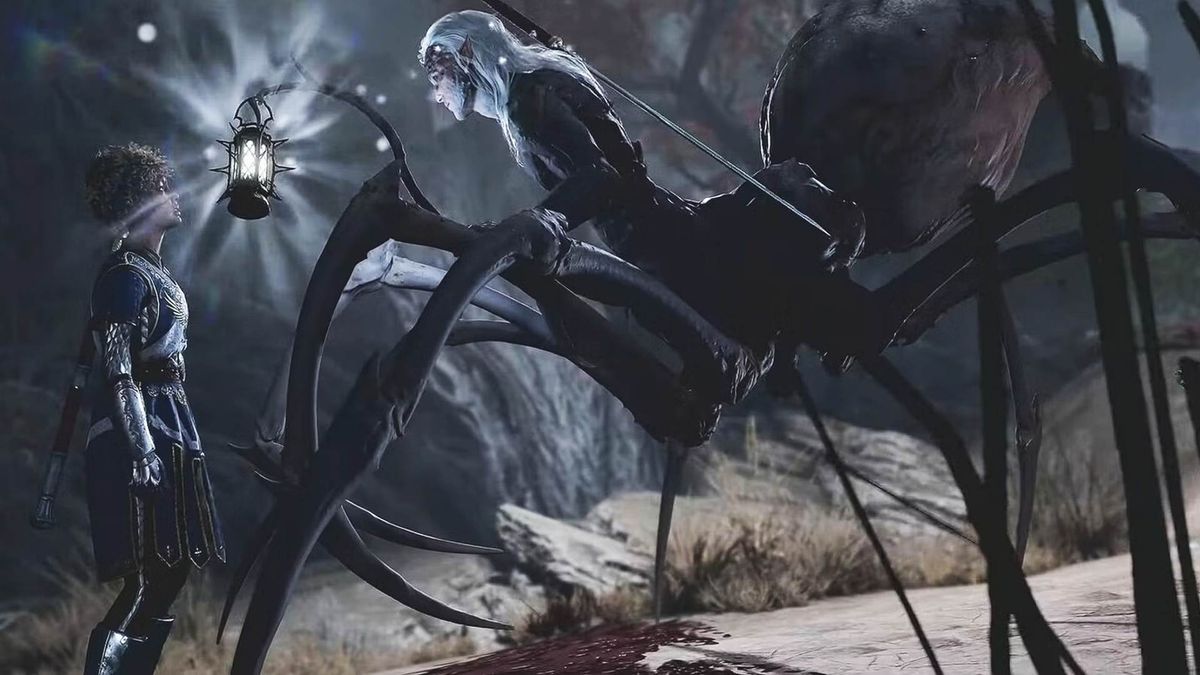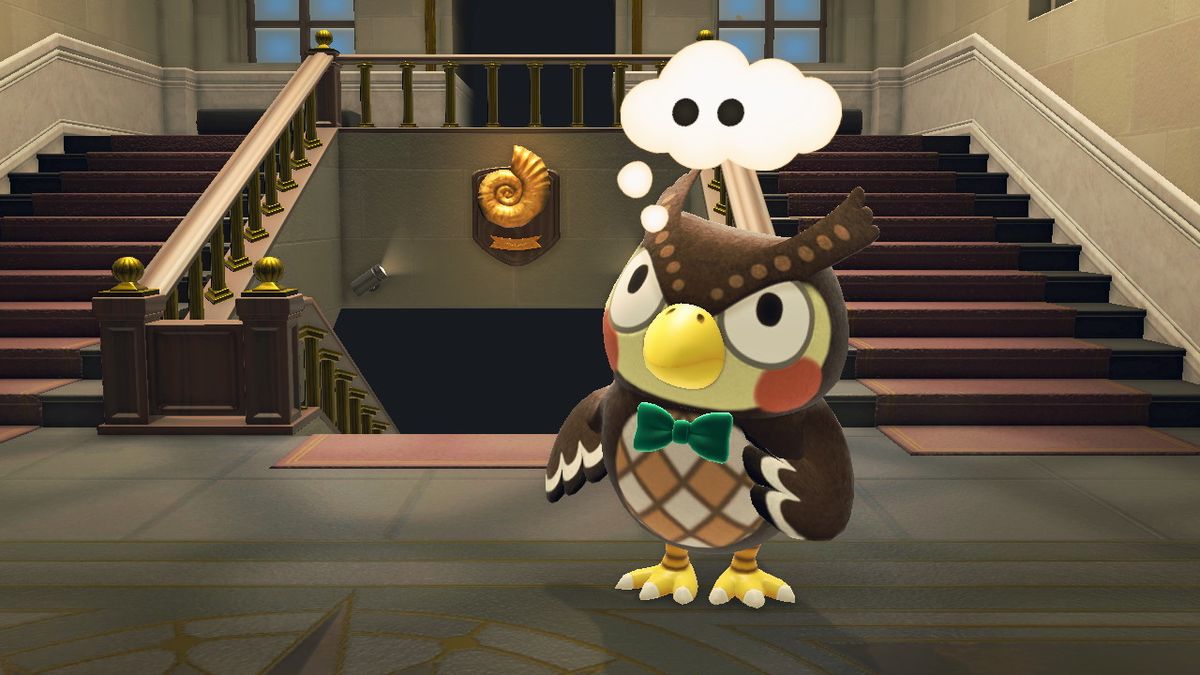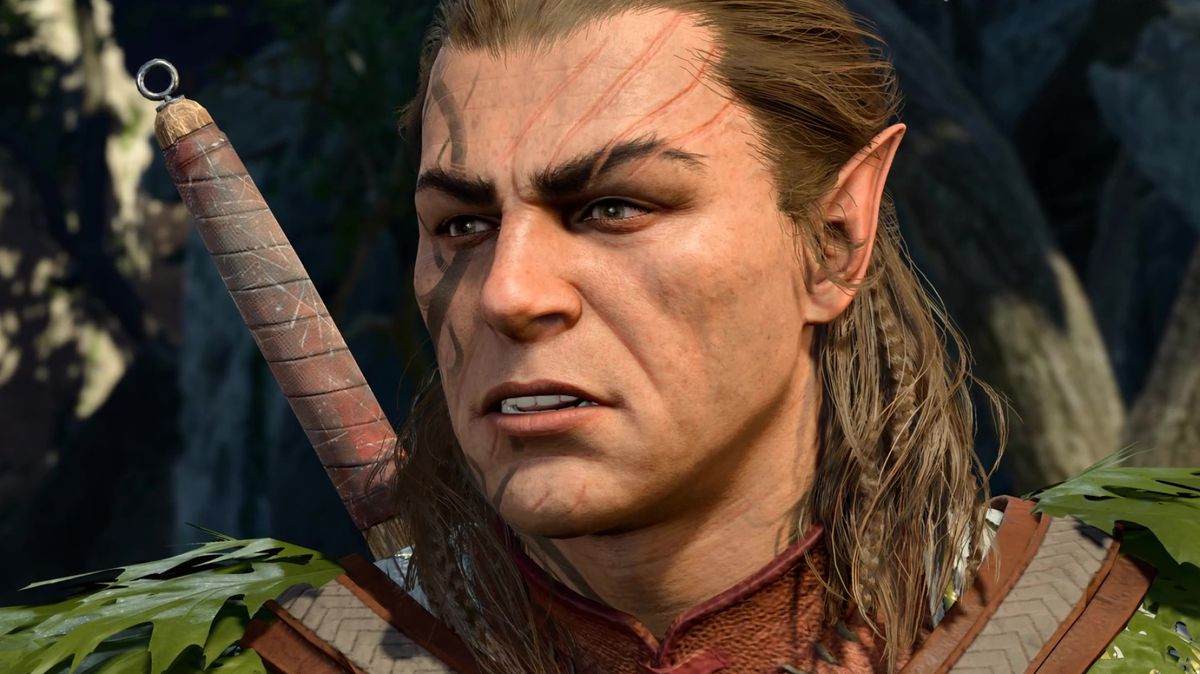The Activision Blizzard board of directors has claimed in a new statement that there is “no evidence” that it “ignored or attempted to downplay” gender harassment at the company.
The statement references findings from “an ongoing, thorough review” undertaken by the board “with the assistance of external advisors” including Gilbert Casellas, who was chair of the US Equal Employment Opportunity Commission from 1994 to 1998. (Earlier this year, a judge approved Activision’s $18 million harassment settlement with the EEOC, which the board says is “already available for eligible employees to submit claims.”)
“The board and its external advisors have diligently reviewed allegations by the DFEH and the media,” the statement (opens in new tab) reads, specifying a range of documents and correspondence as well as “additional interviews” of current and former Activision Blizzard employees.
The report’s chief finding is that “contrary to many of the allegations, the board and its external advisors have determined that there is no evidence to suggest that Activision Blizzard senior executives ever intentionally ignored or attempted to downplay the instances of gender harassment that occurred and were reported.” Likewise, it’s claimed that “outside advisors, after exhaustive review, also determined the board never intentionally ignored or attempted to downplay the instances of gender harassment that occurred and were reported.”
Indeed, this clashes with multiple accounts from the long-running Activision Blizzard lawsuit saga. The initial lawsuit filed by California’s Department of Fair Employment and Housing – which the board describes in its statement as “highly inflammatory, made-for-press allegations” – alleged a “frat boy” culture that became a “breeding ground” for sexual harassment and discrimination. Activision responded with conflicting internal messaging which found its way outside, with immediate responses calling the allegations “inaccurate” and “meritless,” but follow-up messages stressing the “serious” and “disturbing” nature of them.
Several months after the suit was filed, the Wall Street Journal reported that Activision board member (opens in new tab) and CEO Bobby Kotick had failed to inform the board of some reports and shielded employees accused of sexual harassment from repercussions.
Kotick allegedly intervened on behalf of former Treyarch studio head Dan Bunting, who was accused of sexually harassing an employee in 2017 and was reportedly due to be fired following an internal investigation in 2019, thus allowing him to keep his position until departing the publisher last year, shortly after the Wall Street Journal published its report. Bunting, however, denies the allegation, with his legal representatives telling GamesIndustry.biz (opens in new tab) that his departure was “instead the result of unlawful actions by Activision Blizzard”.
A separate lawsuit filed in May 2022 by the New York City Employees’ Retirement System, together with other pension and retirement funds which own stock in the company, alleged that actions from company executives including Kotick hurt the company’s value. The suit claims that Kotick “was aware of numerous credible allegations of misconduct” at Activision “but did nothing to address them or prevent further offenses,” and implies that the company’s still-pending acquisition deal with Xbox allowed Kotick to “escape liability and accountability entirely.”
“Activision Blizzard senior executives responded in a timely manner and with integrity and resolve to improve the workplace,” the board maintains in its statement. “While there are some substantiated instances of gender harassment, those unfortunate circumstances do not support the conclusion that Activision senior leadership or the Board were aware of and tolerated gender harassment or that there was ever a systemic issue with harassment, discrimination or retaliation.”
The board highlights findings from Casellas in particular, who found that “based on the volume of reports, the amount of misconduct reflected is comparatively low for a company the size of Activision Blizzard.” In fact, the report goes as far as claiming that, between the reviewed period of September 2016 and December 2021, “there was no widespread harassment, pattern or practice of harassment, or systemic harassment at Activision Blizzard or at any of its business units during that timeframe.”
As is legally required, Activision will soon begin negotiations with the newly formed union at subsidiary Raven Software, which won a vote for the first major games union in North America.
 Games News games, movies and TV you love.
Games News games, movies and TV you love.



